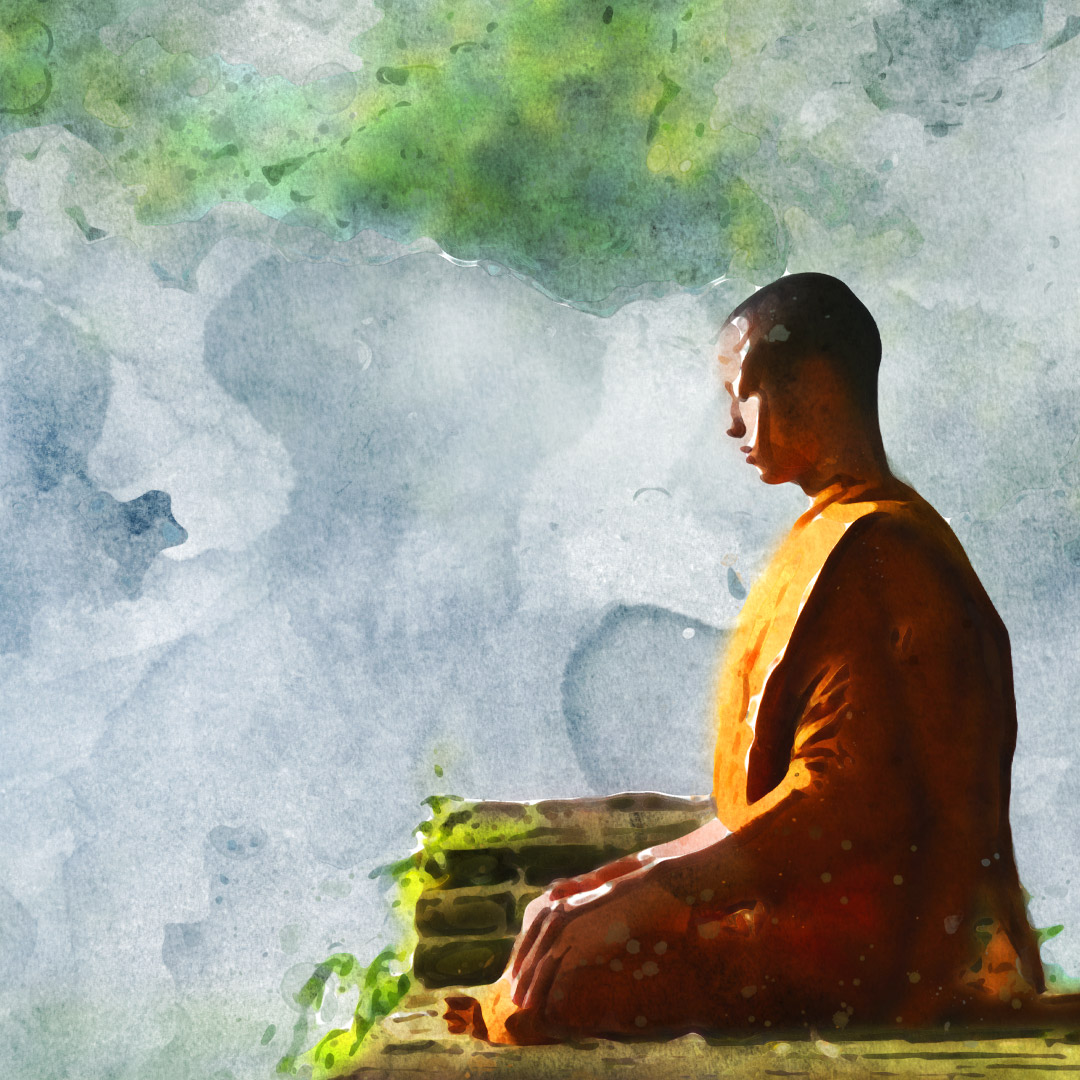Dzogchen Meditation leads to the practitioner’s complete awakening, uniting one with their “fundamental, primordial state”, their true nature(1).
Do not think you will necessarily be aware of your own enlightenment.
-Dogen
Do not consider Dzogchen simply as a meditation technique or a philosophy. It is an elemental state of complete awakening: the essence of Buddhism and every other spiritual path(1)Dzogchen Meditation, it is possible to attain complete liberation. But it requires complete dedication and continuous practice from the meditator(1).
History/Origins
Dzogchen is mainly associated with the Nyingma School of Tibetan Buddhism, and it is believed to be the most advanced among the Nine Paths or Yanas in Buddhism(2). The origin of this meditation can be traced back to Samantabhadra, the Primordial Buddha(1). The teachings of Dzogchen have since been carried forward by the great masters throughout time(1).
Buddha means awareness, the awareness of body and mind that prevents evil from arising in either.
-Bodhidharma
Benefits of Dzogchen Meditation
According to a research paper(4), awareness-based meditation training has the potential to improve overall psychological well-being. Hence, Dzogchen Meditation can help your mental and emotional health. A study by Ian E. Wickramasekera(5) also revealed that Dzogchen Meditation can offer a similar experience to hypnotic-like practices that involve selective attention and visualization. By continuously practicing this meditation, you can achieve advanced insights into the nature of your mind.
References
- Ebury Publishing | The Tibetan Book Of Living And Dying: A Spiritual Classic from One of the Foremost Interpreters of Tibetan Buddhism to the West by Sogyal Rinpoche
- The Unity of Mystical Traditions | Doctrine and Practice in the Dzogchen Tradition by Randall Studstill
- Study Buddhism by Berzin Archives | Fundamentals of Dzogchen Meditation by Alexander Berzin
- Journal of Religion and Health | Volume 53 | 2013 | Pages 849–863 | Meditation Awareness Training (MAT) for Improved Psychological Well-being: A Qualitative Examination of Participant Experiences by Edo Shonin, William Van Gordon and Mark D. Griffiths
- International Journal of Clinical and Experimental Hypnosis | Volume 68, Issue 2 | 2020 | Hypnotic-like Aspects of the Tibetan Tradition of Dzogchen Meditation by Ian E. Wickramasekera
- Shambhala Sun | Recognizing Clarity: A Dzogchen Meditation by Tsoknyi Rinpoche






